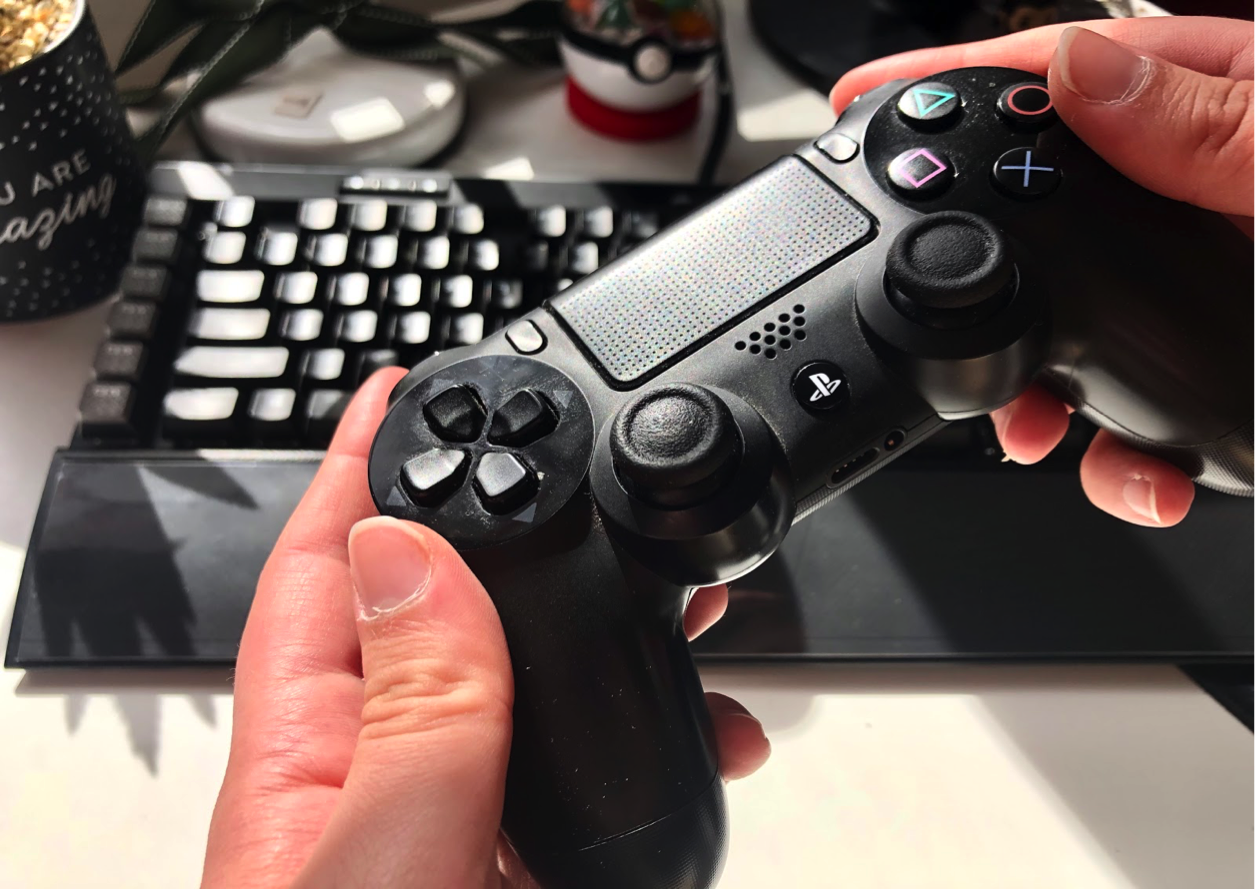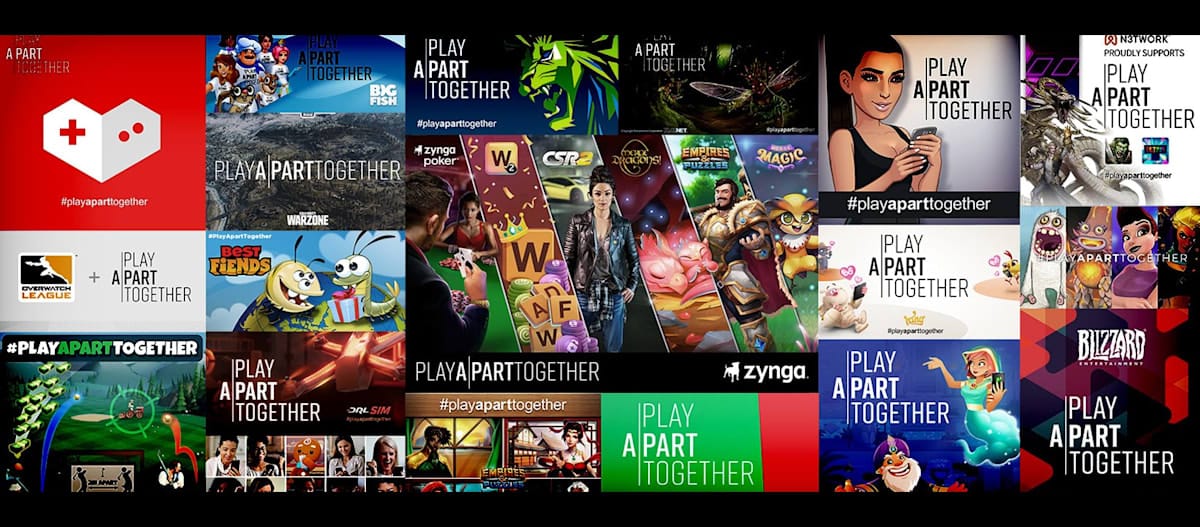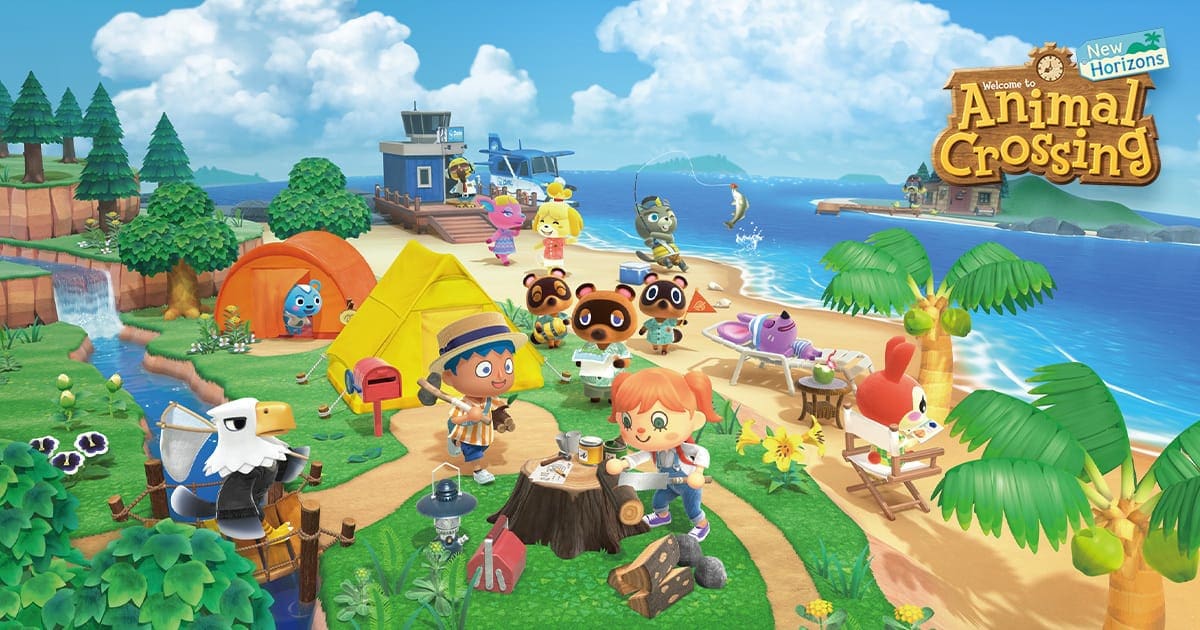#PlayApartTogether: How video games have helped us endure a pandemic
The global games market is expected to exceed $200 billion by the end of 2023, as many people seek interaction and autonomy offered by some games during the pandemic.

BY CLAIRE CORBEL
The global games market is expected to exceed $200 billion by the end of 2023, according to a market report published by Newzoo.
This year alone, the world’s 2.7 billion gamers spent $160 billion on video games.
With a 278 per cent surge in physical games sales and a 285 per cent surge in game consoles sales in Australia during March alone, there is no doubt COVID-19 has triggered the rise in demand.
PLAYING TOGETHER WHILE APART
With an abundance of online multiplayer games at one’s fingertips, interactive virtual communities have been fulfilling the social needs of many during the pandemic.
The impact of this on one’s mental health and wellbeing is evident, according to a research article published by Edge Hill University and University of York in 2017.
The results reveal player engagement in online multiplayer games correlates with a stronger sense of social identity, higher self-esteem and lower feelings of loneliness.
“These findings clearly highlight the importance of identity with the gaming community and how identification can bolster players’ sense of well-being,” the article reads.
Study Melbourne Ambassador Karex Huang said it takes even a simple interaction with another player for people to feel they are not alone during the pandemic.

“The thing I like most in [online multiplayer] games is its core concept – keeping people connected,” Mr Huang said.
“There is still nothing better than having a match full of thrill and laughter with players and friends all over the world.”
Eighteen video game organisations launched #PlayApartTogether earlier this year to encourage gamers to adhere to the World Health Organisation’s (WHO) health guidelines.
The initiative promoted physical distancing, hand hygiene and respiratory etiquette with in-game messaging, as well as offered “special events, exclusives, activities and rewards” to users to help them resist the urge to socialise in the real world.

Activision Blizzard CEO Bobby Kotick said in a statement it has “never been more critical to ensure people stay safely connected to one another”.
“Games are the perfect platform because they connect people through the lens of joy, purpose and meaning,” Mr Kotick said.
REGAINING CONTROL IN A TUMULTUOUS TIME
Nintendo’s anthropomorphic life simulation video game, Animal Crossing: New Horizons, enables players to cultivate their own villages, interact with its residents and even visit the ‘islands’ of other players.
Dubbed ‘Animal Crossing Fever’, the success of this Nintendo Switch title has rendered it one of the highest-selling of all time, with more than 22 million copies sold worldwide.
Monash University media culture academic Kate Clark said Animal Crossing has been used as a form of escape akin to meditation, empowering players to create their own worlds at their own pace.
“Being a simulator, Animal Crossing allows players to simulate a life away from COVID-19, where they have more control over their own lives in a way that is very appealing in the current climate,” Ms Clark said.
Amid the stresses of a pandemic, autonomy is perhaps a video game’s most imperative feature, as the freedom to explore virtual worlds can facilitate a sense of achievement, progress and competence.
A research article published in the psychology journal Motivation and Emotion applies self-determination theory to the practice of gaming.
Its findings state completing goals established within the parameters of a video game can have a positive impact on players.

Ms Clark said this has impacted how people play games and what features they now look for in the experience.
“The effect that games have on our mental health is dependent on how we approach them and what role they play in our lives,” she said.
“Animal Crossing is a good example of this. It can provide people with some much-needed relief from the stresses of the current moment, but can also be a way for people to avoid dealing with other issues in their life.”
GAMES ARE NOT THE ONLY SOLUTION
While video games have the capacity to promote good mental health, it is also important to depend on other means of staying connected and productive.
The Australian Department of Health advises we refrain from excessive sedentary activities, and limit children’s screen time to one-two hours a day.
A gaming use guide published by Headspace, which is a subsidiary of the Department of Health, discusses how gaming can have both positive and negative outcomes.
“At healthy levels, gaming can increase self-esteem and social acceptance. It can also provide an opportunity for a structured daily routine and can be a fun and relaxing activity,” the guide reads.





